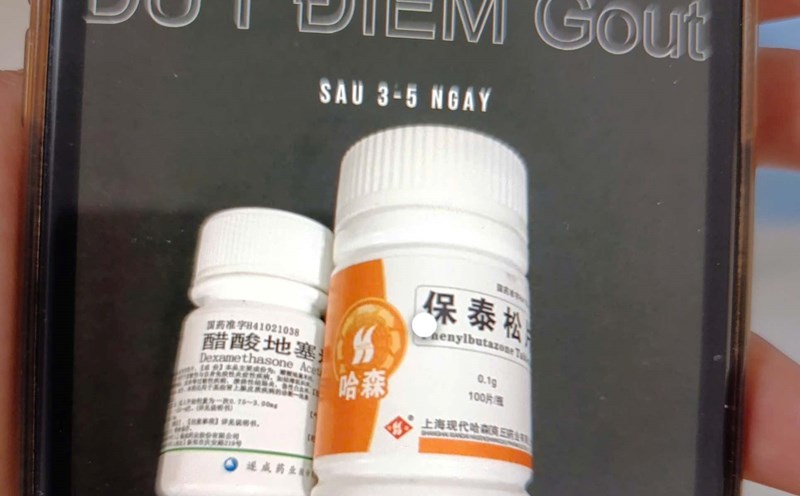Why shouldn't you drink milk with certain medications?
Milk and dairy products are rich in calcium and casein protein. These are two ingredients that can bind to drugs in the stomach, slowing or reducing the absorption of drugs into the body.
According to Dr. patri patricia Mikula, Clinical pharmacist at Cleveland Clinic (USA): "Many patients do not know that just a glass of milk at the wrong time can significantly reduce the treatment effectiveness of the drug. It is very important to stick to the distance between taking medication and using milk."
The most vulnerable drugs include:
Tetracycline Antibiotics: Milk can reduce absorption by 50 - 90%, causing the drug to lose its effectiveness. Doxycycline users still suffer a 30 - 40% reduction.
Antibiotic fluoroquinolone (ciprofloxacin, norfloxacin): Abortion is reduced by half if taken with milk.
Thyroid medication (levothyroxine): Milk significantly reduces absorption of drugs, due to calcium binding in the intestines.
Biosphosphonate: The absorption rate is only under 1%, if taken with milk, it will be even less effective.
Iron supplements: Calcium competes with intestinal iron, especially affecting children and women with iron deficiency.
HIV treatment drugs ( integrase inhibitors): Calcium in milk reduces the effects of dolutegravir, bictegravir, elvitegravir.
Penicillamine: Medication for Wilson's disease or rheumatoid arthritis, which is noticeably poor in absorption when taken with milk.
How to take medicine to achieve the highest efficiency
To avoid adverse interactions, patients should:
Drink Tetracycline at least 1 hour before or 2 hours after consuming milk.
Drink fluoroquinolone on an empty stomach, at least 2 - 6 hours after milk.
Drink levothyroxine in the morning on an empty stomach, at least 4 hours away from milk and calcium-rich foods.
Drink bisphosphonate with water, wait 30 minutes to 2 hours to use the milk.
Drink iron on an empty stomach, best with foods rich in vitamin C to increase absorption.
Take integrase HIV medicine 2 - 6 hours away from milk, depending on your doctor's instructions.
Drink penicillamine at least 1 hour before or 2 hours after meals, not with milk.
Dr. Jonathan Schimmel, a clinical pharmaceutical expert at Mount Sinai Health System (USA), emphasized: "If you accidentally take medicine with milk, it will not cause immediate harm, but in the long run, the medicine will be ineffective, making the disease more difficult to control".
Milk is a nutritious food but is not always suitable for use with medication. Patients need to comply with the principle of "taking long-term medication" to ensure that the drug is fully absorbed and promotes the right treatment effects.











